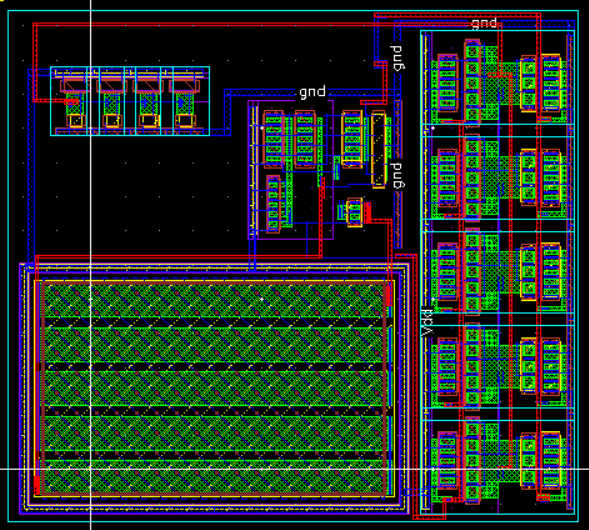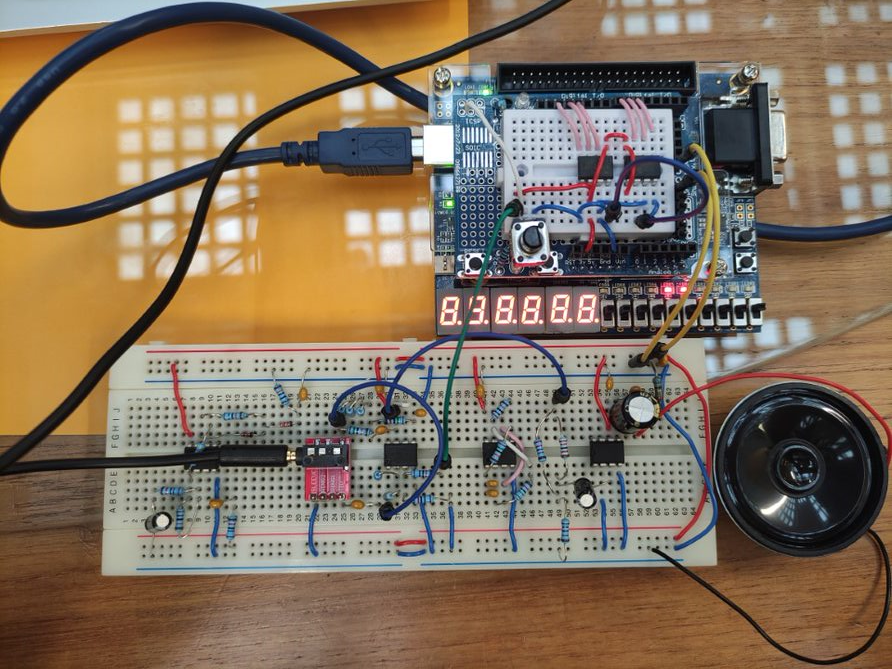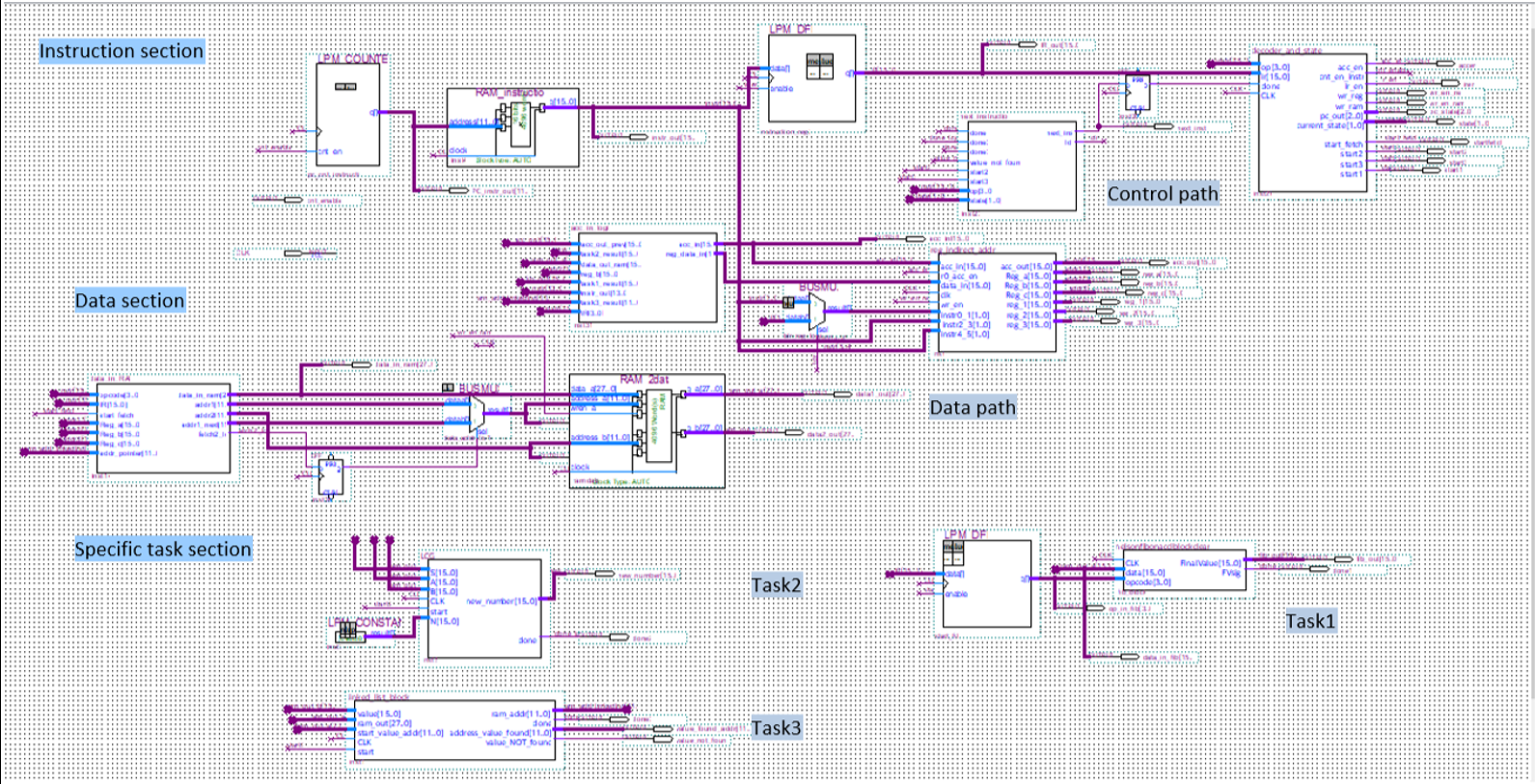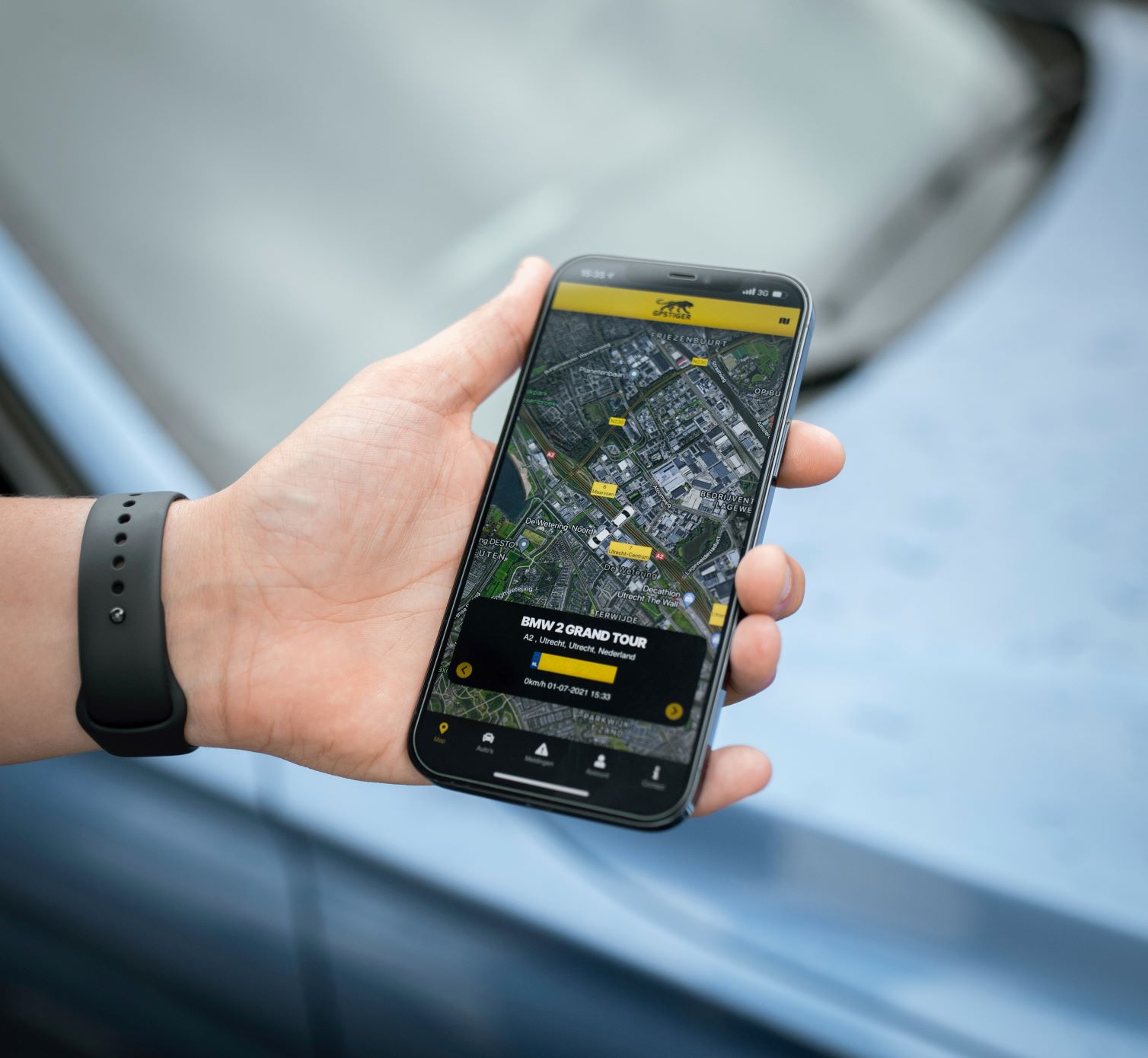Oct-Dec 2023, Imperial College London
Full Custom Integrated Circuit Design - Module & Lab
During the completion of this module, I achieved significant milestones in my understanding and proficiency in CMOS technology and integrated circuit design. I gained comprehensive knowledge of CMOS technology by explaining its key features, limitations, and current trends. I learned the methodology and constraints associated with designing analog, digital, and mixed-signal circuits.
Additionally, I gained hands-on experience in designing and evaluating full custom integrated circuit layouts, considering crucial factors such as performance and power consumption. I became adept in utilizing a comprehensive tool suite encompassing schematic capture, simulation, layout design, and physical verification in Cadence.
Final mark: 1st Class

Jan-Mar 2023, Imperial College London
- Analogue vs Digital Signal Processing
- Time vs Spike Domain
- Current mode Techniques (Translinear Synthesis, Current mode computation, Log-domain filtering, current conveyors)
- Voltage mode Techniques (V-I, I-V converters, Wide range Transconductance amplifiers, Trigonometric Circuits (Tanh, Sinh, exponential) Comparators, Peak Detection)
- Switch Capacitor Techniques (Integrators, Differentiators, Memory Cells, Correlated Double Sampling and Chopper Stabilization)
Analogue Signal Processing - Module
The syllabus of this module included:
The case studies I have been working on are Cochelar Implant Design and Neuromorphic architectures (Integrate and Fire circuits, Cortical computation).
Final mark: 1st Class
Oct-Dec 2021, Imperial College London
Circuits and Systems - Laboratory
With this module, I have learned how to build analogue circuits with sensors, design digital circuits in Verilog, and interface the two. Some of the topics included: analogue filters for preconditioning signals, low-noise pre-amplifiers, high current drive circuits, shift registers, RAM and FSMs, interfaces to microprocessors/FPGA, DAC and ADC converters.
To apply the knowledge acquired, I have challenged myself to create the complete circuit of an amplifier that detects signals from a microphone, processes and modifies them in digital form, and the reproduces them through a speaker. This process consisted of various steps, including: acquiring the physical analogue signals and denoise them (physical circuit), pre-processing them and converting them into digital programmable hardware (FPGA) adding effects (e.g. echo), then converting it back to analogue signals, amplifying them, and finally outputting into the speaker.
The project results in a fully working amplifier and positive feedback on the work done.
Final mark: 1st Class

Oct-Apr 2021, Imperial College London
- Voltage and Current Source IC Designs, Current-mirrors, Differential Pairs.
- CMOS IC amplifiers: High Performance and Current Feedback OP-AMP Architectures.
- Integrated Switched Capacitor filters and continuous-time filters.
- A/D and D/A Converters.
Analogue Integrated Systems - Module
Thanks to this module, I have learned to design some of the most commonly used Integrated Circuits designs and analogue components for industrial applications and had an insight into the current analogue research about circuits design at the transistor-level of abstraction.
The syllabus included:
Final mark: 1st Class
Oct-Dec 2021, Imperial College London
- Designed and tested the general-purpose version of the CPU, with a complete set of instructions, its assembly language and indirect addressing, using QuartusPrime and Verilog.
- Implemented an algorithm to iterate through linked lists and a pseudo-random number generator.
- Managed the scheduling and role division of the group developing leadership and team-working skills.
CPU Design - Project
Following a series of lectures and laboratories on Digital Electronics and Computer Architecture, my team and I decided to implement our own CPU and ISA from scratch, to understand in detail how a processor works.
Our goal was to create an architecture tailored to tackle specific digital electronics tasks in a time and power-efficient way.
Within the wider project, my results were the following:

Oct-Dec 2020, BlackMagic Design
FPGA Engineering - Work Shadowing
I had the opportunity to collaborate with a Senior FPGA engineer, gaining an insight into the Digital Electronics industry, specifically in the hardware development of high-quality cameras.



